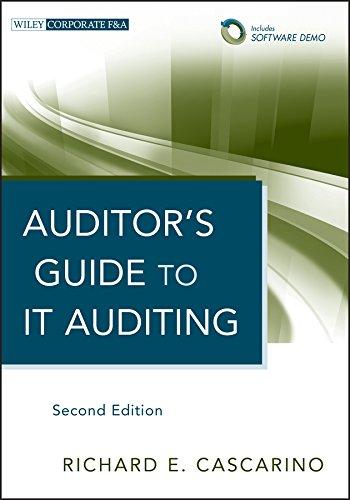1. Which of the following concerning the Social Security earnings test is correct? a. It applies only to workers between 62 and normal age retirement. b. It applies to all retirees receiving Social Security benefits. c. It taxes earned income at 25%. d. All of the above. 2. Social Security retirement benefits are: a. Subject to income taxes for those with certain income levels. b. Non-taxable for all beneficiaries. c. Subject to federal income taxes but not state income tax. d. Subject to capital gains taxes. 3. To determine Social Security retirement benefit, the Social Security Administration considers the amount of money the worker earned over what time frame? a. The highest-earning 35 years. b. The most recent 25 years. c. The highest earning 25 years. d. The most recent 35 years. 4. If a worker has employment earnings after starting full Social Security retirement benefits, which of the following is correct? a. The Social Security benefit will be reduced by a percent of the earnings b. There is no reduction in Social Security benefits. c. Benefits are reduced if the earnings are in excess of the annual earnings limit. d. The worker will be ineligible to receive future Social Security benefits. 5. Jack and Diane are married. Upon Jack's death, and assuming they have been married long enough to qualify, which of the following Social Security benefits will Diane continue to receive? a. Both Jack and Diane's benefits. b. Just Diane's benefits. c. Both benefits for up to one year after the death, then the highest of the two. d. The higher of either benefit but not both. 6. How are Social Security retirement benefits taxed a. Social Security benefits are not subject to income tax. They were already taxed. b. Based on the individual or couple's MAGI and half of their Social Security benefits. c. Up to 100% of Social Security benefits can be subject to tax. d. Up to 50% of Social Security benefits can be subject to tax. 7. When are individuals eligible to receive full Social Security retirement benefits? a. Age 55. b. Age 62 c. Age 65. d. It depends on when the worker was born. 8. Approximately how much can you earn from employment at age 64 without reducing your Social Security benefit? a. Unlimited. b. Between $30,000 and $100,000 c. Between $25,000 and $50,000. d. Less than $25,000. 9. The Social Security tax on payroll is a matching tax, meaning that a. The government matches the amount that each worker pays. b. Both workers and their employers pay the Social Security tax based on the workers' earnings. c. The benefits workers receive are larger than the taxes paid. d. The benefits a worker will receive are proportional to the taxes paid. 10. The worker's Social Security retirement benefits at full retirement age are based on all of the following except: a. PIA calculation. b. AIME. c. Birth year. d. Income in retirement









